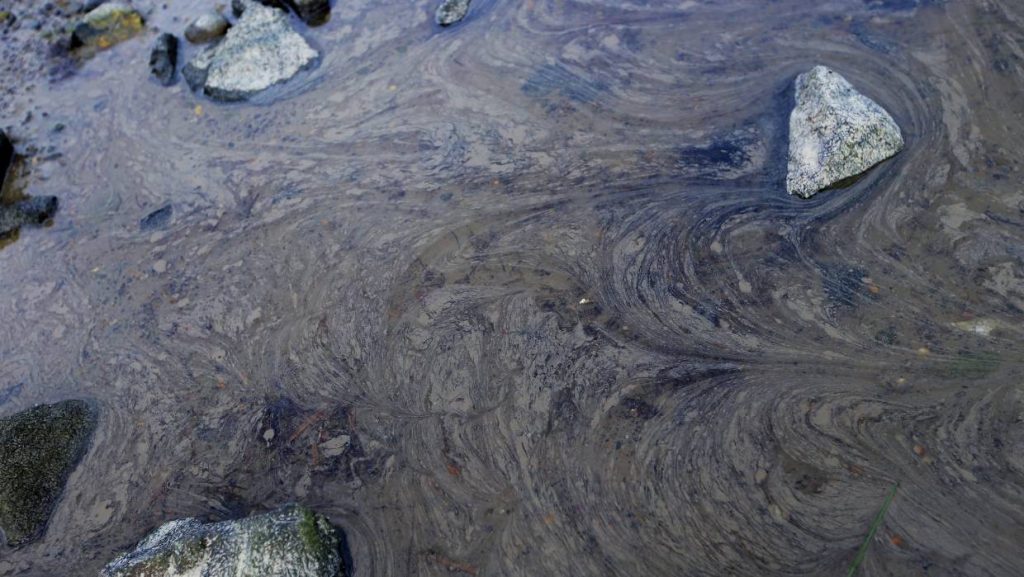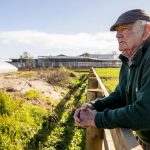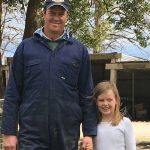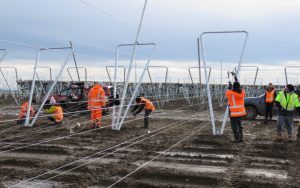
Ōraka-Aparima Rūnaka has formally approached the Southland District Council and Environment Southland opposing any consents, which would intensify dairy farming.
Bull is chairman of Ōraka-Aparima Rūnaka, and said as a guardian of the land he felt a responsibility to “not pass on a legacy of degradation to the next generation.”
“As kaitiaki we see the most appropriate action is to oppose all consents that intend to intensify agriculture: dairy conversions and increases in herd numbers,” Bull said.
“Ōraka-Aparima Rūnaka recognises that attempts are being made by many in the farming community to achieve better environmental outcomes and we certainly support and encourage this. However, we don’t believe this will achieve the necessary improvements while further intensification continues to be consented,” he said.
“But it’s clear the state of the water is slowly deteriorating. You don’t clean a dirty window with a dirty rag,” Bull said.
He used to swim at Pleasure Bay, but stopped in the 60s when the rubbish dump was built, he said.
“There isn’t a river in Southland you can swim in any more. It has just came to a point where you think you need to start making some noise.”
Environment Southland chief executive Rob Phillips confirmed the council had received the letter but declined to comment further.
On July 3, a motion by Environment Southlander councillor Robert Guyton for the council to declare a state of climate emergency was lost.
However, the council at that same meeting, did pass a motion that the council “acknowledges that climate change is an important issue which we have to engage with. The Council commits to applying best practice and best science to its responsibilities and accords urgency to developing an action plan.”
Bull was satisfied with the council’s “urgency” motion, but said the environment was still being compromised.
“The current degradation was socially and environmentally unacceptable. Surely it was about less of the same and not more of the same, which was only adding to the existing problems, Bull said.
“We take our role as kaitiaki seriously. It should not be solely the role of tangata whenua. It should be the obligation of the whole community. To tap out is not an option.”
Southland District Council Mayor Gary Tong said he had personally contacted one of the writers “and initiated further discussions to address any concerns they have respectfully raised.”
“Given the environmental nature of the issues they have identified, it’s important any further discussions include all relevant parties so these will no doubt be ongoing as we strive to work collaboratively to achieve the best outcome,” Tong said.
Federated Farmers Southland President Geoffrey Young said farmers were already lessening intensity by looking to buy neighbouring properties, but not purchase extra head of cattle and Environment Southland were already denying those consents.
“Iwi are trying to have their cake and eat it too,” Young said.
Ōraka-Aparima Rūnaka, Southland District Council and Environment Southland all declined Stuff’s request to view the official letter. An Official Information Act request has been sent to the two councils for the document.
























